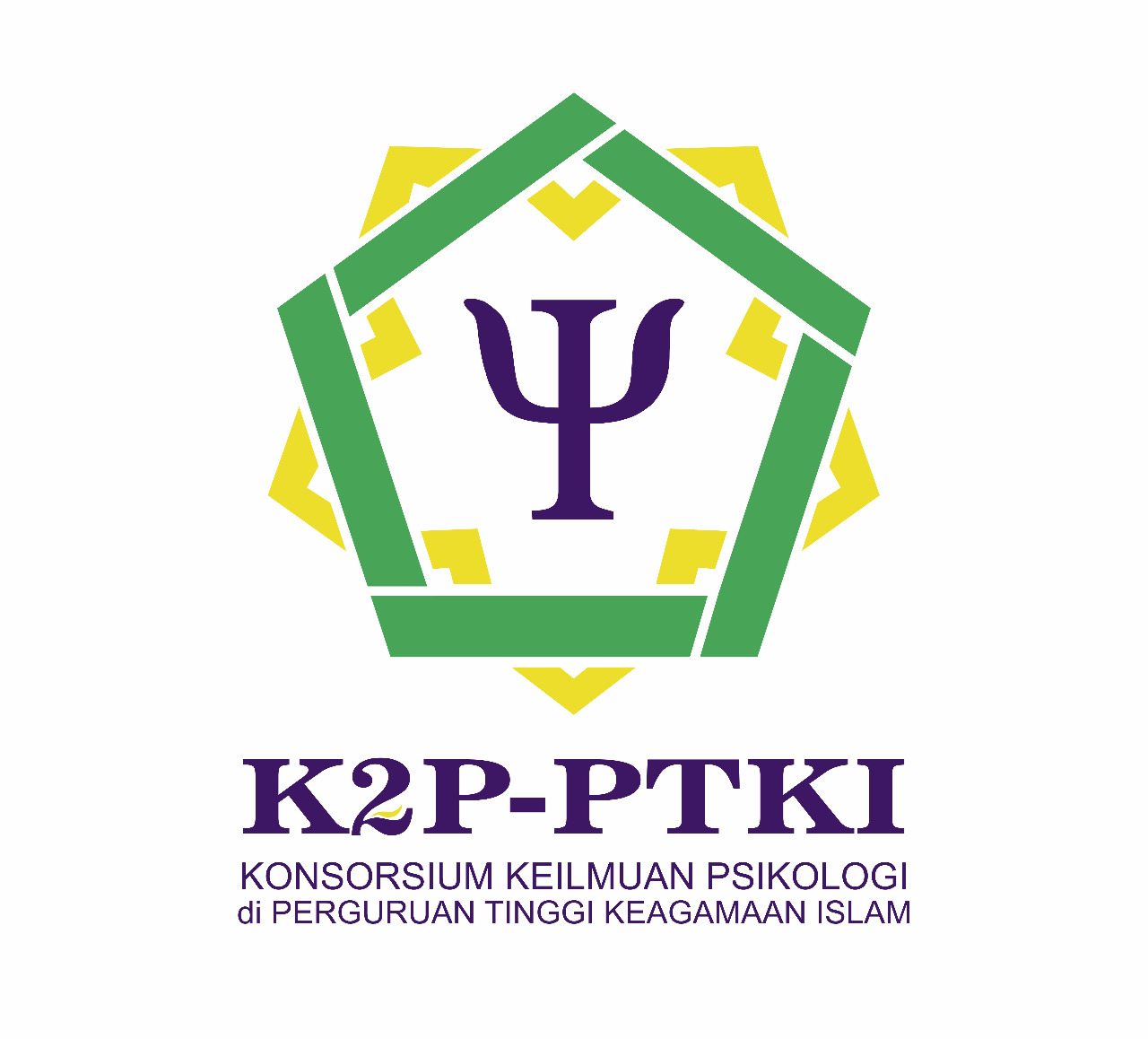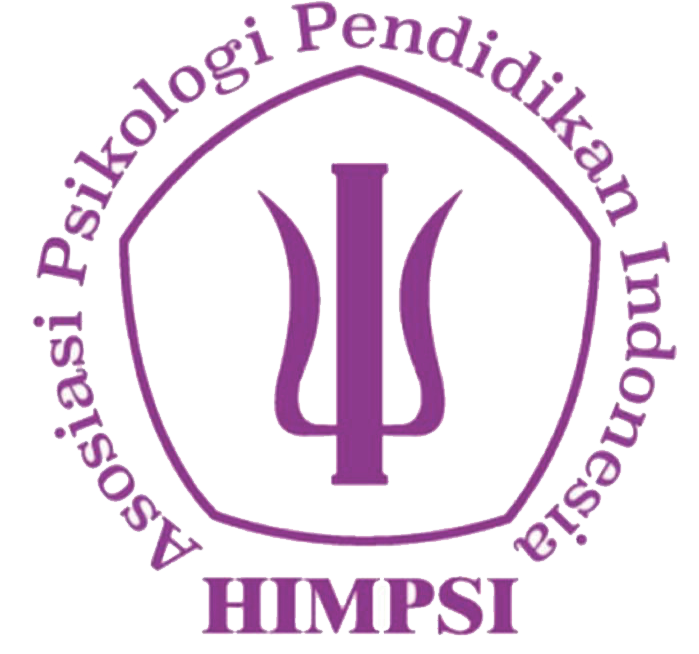A Psycho-Spiritual Approach to Purpose-Based Career Coaching: A Step-By-Step Guide for Practitioners
Abstract
Keywords: Career Coaching; Career Choice; Psycho-Spiritual; Purpose; Reimagining
Keywords
Full Text:
PDFReferences
Aruma, E. O., & Hanachor, M. E. (2017). Abraham Maslow’s Hierarchy of needs and assessment of needs in community development. International Journal of Development and Economic Sustainability, 5(7), 15–27. https://doi.org/10.37745/ijdes.13
Braun, V., & Clarke, V. (2006). Using thematic analysis in psychology. Qualitative Research in Psychology, 3(2), 77–101. https://doi.org/10.1191/1478088706qp063oa
Charles-Leija, H., Castro, C. G., Toledo, M., & Ballesteros-Valdés, R. (2023). Meaningful work, happiness at work, and turnover intentions. International Journal of Environmental Research and Public Health, 20(4), 3565. https://doi.org/10.3390/ijerph20043565
Dobrow, S. R., Weisman, H., Heller, D., & Tosti-Kharas, J. (2023). Calling and the good life: A meta-analysis and theoretical extension. Administrative Science Quarterly, 68(2), 508–550. https://doi.org/10.1177/00018392231159641
Duffy, R. D. (2006). Spirituality, religion, and career development: Current status and future directions. Career Development Quarterly, 55(1), 52–63. https://doi.org/10.1002/j.2161-0045.2006.tb00004.x
Ficanysha, Y., & Iswari, M. (2022). Student’s career planning stabilization with trait and factor theory. Literasi Nusantara, 2(2), 614–623.
Geida, M. (2019). A game for self-discovery in a career-choice discourse for adolescents. 77th Scientific Conference of University of Latvia. Human, Technologies and Quality of Education, 12, 140–150. https://doi.org/10.22364/htqe.2019.12
Gothelf, J. (2020). How to reimagine the second half of your career. Harvard Business Review. https://hbr.org/2020/08/how-to-reimagine-the-second-half-of-your-career
Hill, C., Rosehart, P., Helene, J., & Sadhra, S. (2020). What kind of educator does the world need today? Reimagining teacher education in post-pandemic Canada. Journal of Education for Teaching, 46(4). https://doi.org/10.1080/02607476.2020.1797439
Jiang, Z., Newman, A., Le, H., Presbitero, A., & Zheng, C. (2019). Career exploration: A review and future research agenda. Journal of Vocational Behavior, 110(Part B), 338–356. https://doi.org/10.1016/j.jvb.2018.08.008
Kipke, R. (2023). Fulfilled present and rhythm of life: On the purpose and means of medicine regarding the temporality of the good life. Ethik in Der Medizin, 35(1), 23–42. https://doi.org/10.1007/s00481-022-00734-6
Kleine, A. K., Schmitt, A., & Wisse, B. (2021). Students’ career exploration: A meta-analysis. Journal of Vocational Behavior, 131. https://doi.org/10.1016/j.jvb.2021.103645
Kosine, N. R., Steger, M. F., & Duncan, S. (2008). Purpose-centered career development: A strengths-based approach to finding meaning and purpose in careers. Professional School Counseling, 12(2), 133–136. https://doi.org/10.1177/2156759x0801200209
Lindstrom, L., Kahn, L. G., & Lindsey, H. (2013). Navigating the early career years: Barriers and strategies for young adults with disabilities. Journal of Vocational Rehabilitation, 39(1), 1–12. https://doi.org/10.3233/JVR-130637
Lips-Wiersma, M. (2002). The influence of spiritual “meaning-making” on career behavior. Journal of Management Development, 21(7), 497–520. https://doi.org/10.1108/02621710210434638
Mccarthy, J. (2005). Destiny and Purpose. In J. Bowden, A. Bergquist, H. Bowden, & N. A. Hjelm (Eds.), Christianity: The complete guide (pp. 336–340). Continuum. https://doi.org/10.5040/9781472972835.0072a
Menges, C. (2016). Toward improving the effectiveness of formal mentoring programs: Matching by personality matters. Group and Organization Management, 41(1), 98–129. https://doi.org/10.1177/1059601115579567
Mubiana, P. B. (2010). Career maturity, career knowledge, and self-knowledge among psychology honours students: an exploratory study. University of Pretoria.
Otu, M. S. (2024). Effect of purpose-based career coaching on career decision-making. Current Psychology, 1-27. https://doi.org/10.1007/s12144-024-06247-3
Otu, M. S., Otu, F. M., & Ardi, Z. (2023). Purpose-based career coaching as a strategy for increasing employability of graduates: A survey study. International Journal of Home Economics, Hospitality and Allied Research, 2(2), 55–80. https://doi.org/10.57012/ijhhr.v2n2.005
Park-Taylor, J., Reynolds, J. D., Jackson, M. A., & Ponterotto, J. G. (2021). Careerography in career counseling practice. Research, and Training. Journal of Career Development, 48(1), 33–43. https://doi.org/10.1177/0894845319867423
Park, C. L. (2012). Religious and spiritual aspects of meaning in the context of work life. In P. C. Hill & B. J. Dik (Eds.), Psychology of religion and workplace spirituality (pp. 25–42). IAP Information Age Publishing.
Ramirez, I., Fornells, A., & Saenger, V. M. (2022). Linking personality traits and most valued aspects in a job to reduce the gap between students ́ expectations and company value propositions. Journal of Hospitality and Tourism Education, 36(1), 51–61. https://doi.org/10.1080/10963758.2022.2122981
Steger, M. F., Dik, B. J., & Duffy, R. D. (2012). Measuring meaningful work. Journal of Career Assessment, 20(3), 322–337. https://doi.org/10.1177/1069072711436160
Steger, M. F., Frazier, P., Oishi, S., & Kaler, M. (2006). The meaning in life questionnaire: Assessing the presence of and search for meaning in life. Journal of Counseling Psychology, 53(1), 80–93. https://doi.org/10.1037/0022-0167.53.1.80
Summers, J. J., & Falco, L. D. (2020). The development and validation of a new measure of adolescent purpose. The Journal of Experimental Education, 88(1), 47–71. https://doi.org/10.1080/00220973.2019.1575178
Ward, S. J., & King, L. A. (2017). Work and the good life: How work contributes to meaning in life. Research in Organizational Behavior, 37, 59–82. https://doi.org/10.1016/j.riob.2017.10.001
Westacott, M. (2022). Reimagining career education with the future senses. On the Horizon: The International Journal of Learning Futures, 30(3), 163–170. https://doi.org/10.1108/OTH-02-2022-0008
Yusran, N. A., Puad, M. H. M., & Omar, M. K. (2021). Role of career exploration in influencing career choice among pre-university student. Pertanika Journal of Social Sciences and Humanities, 29(1), 77–99. https://doi.org/10.47836/pjssh.29.s1.05
Zhao, F., Li, P., Chen, S., Hao, Y., & Qin, J. (2022). Career exploration and career decision self-efficacy in Northwest Chinese Pre-service Kindergarten teachers: The mediating role of work volition and career adaptability. Frontiers in Psychology, 12. https://doi.org/10.3389/fpsyg.2021.729504
DOI: https://doi.org/10.18860/psikoislamika.v21i1.26882

This work is licensed under a Creative Commons Attribution-NonCommercial-ShareAlike 4.0 International License.


------------------------------------------------------------------------------------------

pSIKOISLAMIKA by http://ejournal.uin-malang.ac.id/index.php/psiko is licensed under a Creative Commons Attribution-NonCommercial-ShareAlike 4.0 International License.



.jpg)


.jpg)





